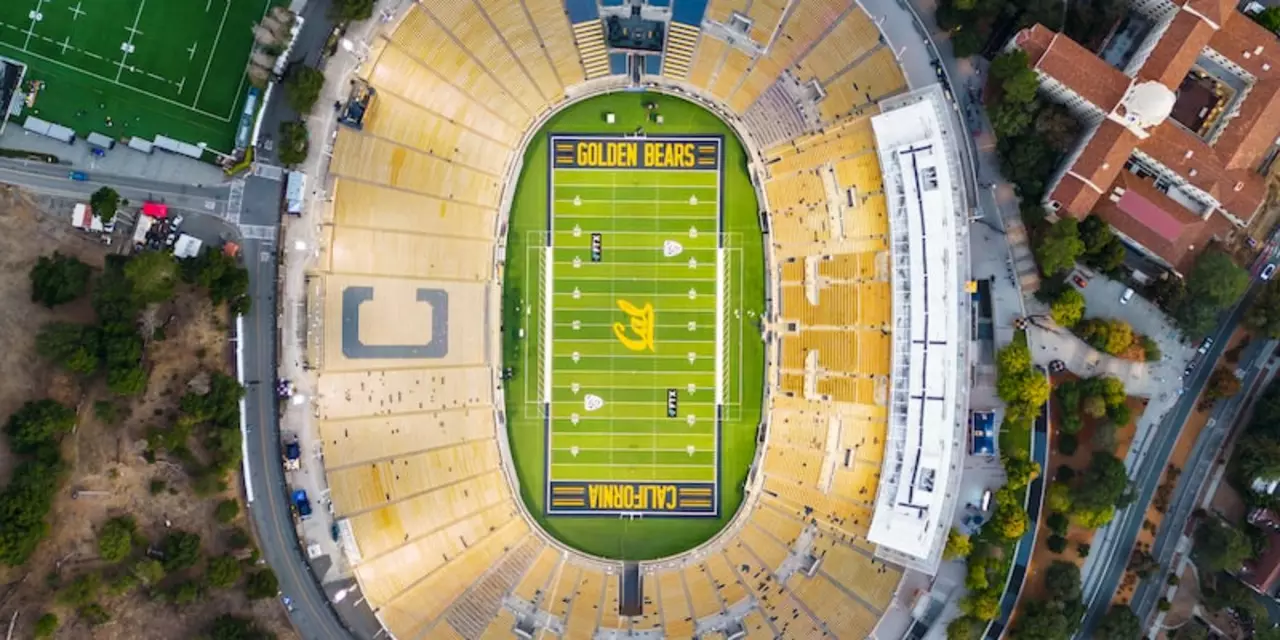Understanding Sports Contracts and Why They Matter
Ever wonder why a basketball star jumps teams or why a boxer signs a pay‑per‑view deal? The answer lives in the contract. A sports contract is a legal agreement that spells out how much an athlete gets paid, how long they stay, and what both sides must do. It’s the backbone of every professional deal and it affects the game you watch.
Contracts come in many flavors. A rookie deal usually has a fixed salary plus performance bonuses. A veteran might negotiate a no‑trade clause, a player‑option year, or a bigger share of merchandise sales. The specifics change from sport to sport, but the goal stays the same: protect the athlete’s earning power while giving the team what it needs to win.
Key Parts of a Typical Contract
First up is the base salary. That’s the guaranteed money the player receives, even if they get injured. Next, you’ll find bonuses – things like win bonuses, playoff bonuses, or milestones for points, goals, or fights. Then there are guaranteed years. Some contracts are fully guaranteed, meaning the player gets the full amount even if they’re cut. Others are partially guaranteed, so teams can save money if things go south.
Don’t forget the clause section. This is where you see no‑trade clauses, injury waivers, and performance‑related incentives. Sometimes a contract includes a morality clause that lets a team fire a player for off‑field conduct.
How Contracts Influence the Game
When a star signs a huge contract, it can shift a team’s salary cap and force them to make tough decisions elsewhere. That’s why front offices spend months analyzing numbers before they ink a deal. For fans, a big contract can raise expectations – you expect the player to deliver on that paycheck.
Contracts also drive player movement. Free agency, trades, and contract extensions keep the league fluid. A player who feels undervalued might test free agency, while a team looking for a missing piece will scout others’ contracts to see who fits.
Finally, contracts set the stage for negotiations. Agents use past deals, market size, and performance data to argue for higher pay. Teams counter with salary cap constraints and long‑term plans. The back‑and‑forth can be intense, but it’s all part of the business.
Knowing the basics of sports contracts helps you understand headlines like “Player signs record deal” or “Team cuts star to clear cap space.” It also gives you insight into why some teams rebuild while others go all‑in for a championship run.
So the next time you hear about a contract negotiation, think about the salary, bonuses, guarantees, and clauses that shape the agreement. Those details decide where a player lands, how much they earn, and how the team plans its future.
In short, contracts are the quiet engine behind every trade, signing, and roster move you see on game day. Keep an eye on them, and you’ll get a clearer picture of why the sports world moves the way it does.

Do NFL teams have to pay out the contracts of players they cut?
The article discusses whether or not NFL teams must pay out the contracts of players they cut. According to the NFL's Collective Bargaining Agreement, teams are obligated to pay out all or part of a player's contract depending on the type of contract and the circumstances of the release. In some cases, teams are able to avoid paying out a player's entire contract due to the presence of certain clauses. In other cases, teams may be liable for the entire amount that remains on the contract. Ultimately, the decision of whether or not a team is required to pay out the contract of a player they cut depends on the specifics of their contract and the circumstances of the release.
Read More